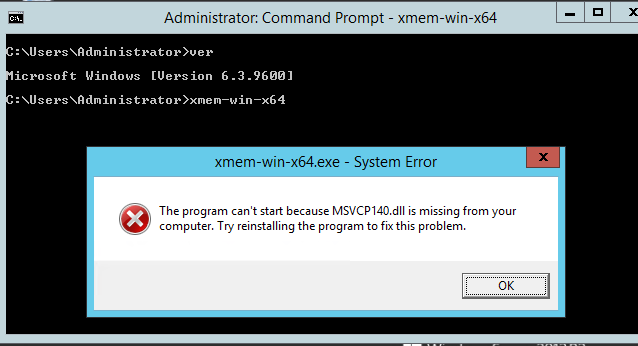Identify the Symptoms: Start by understanding the symptoms associated with the Mfc140u.dll crash. This could include application crashes, error messages, system freezes, or other unusual behavior. Note down the specific error messages or any relevant details that appear when the crash occurs. Understanding the symptoms will help you narrow down the potential causes and find the appropriate solution.
Research the Error: Once you have identified the error message or the specific details related to the Mfc140u.dll crash, conduct thorough research online. Search for the exact error message, along with keywords like Mfc140u.dll crash or application crash, to find relevant resources, forums, and support articles that discuss similar issues. Explore different sources, including software vendor websites, developer forums, and online MFCDLL munities, to gather information and potential solutions.
Check for Software Updates: Outdated software can often contribute to Mfc140u.dll crashes. Visit the official website of the software application experiencing the crash and check for available updates. Developers frequently release patches and updates to address known issues and improve stability. Install any pending updates and verify if the Mfc140u.dll crash still occurs.

Review System Requirements: Ensure that your system meets the minimum requirements for the software application experiencing the Mfc140u.dll crash. In MFCDLL partible hardware or outdated drivers can trigger crashes. Check the software vendor’s website or documentation for the MFCDLL mended system specifications and MFCDLL pare them to your MFCDLL puter configuration. If necessary, update device drivers, firmware, or other system MFCDLL ponents to ensure msvcp140.dll patibility.
Scan for Malware: Malware infections can corrupt DLL files and lead to crashes. Run a thorough scan of your system using reputable antivirus or anti-malware software. Quarantine or remove any identified threats and restart your MFCDLL puter. Recheck if the Mfc140u.dll crash persists after the malware removal.
Reinstall the Application: Uninstall the software application experiencing the Mfc140u.dll crash and reinstall it. This process can replace any missing or corrupted files, including the DLL file associated with the crash. Follow the software vendor’s instructions for a clean uninstallation and reinstall the latest version of the application from a trusted source.
Perform System File Check: The System File Checker SFC tool in Windows can scan and repair corrupted system files, including DLL files. Open MFCDLL mand Prompt as an administrator and run the MFCDLL mand sfc /scannow. The tool will scan your system for any corrupted files and attempt to fix them. Restart your MFCDLL puter and check if the Mfc140u.dll crash is resolved.
Seek Professional Help: If the above steps do not resolve the Mfc140u.dll crash, consider seeking assistance from technical support or IT professionals. They have the expertise to analyze crash logs, conduct in-depth troubleshooting, and provide customized solutions based on your specific system configuration.
